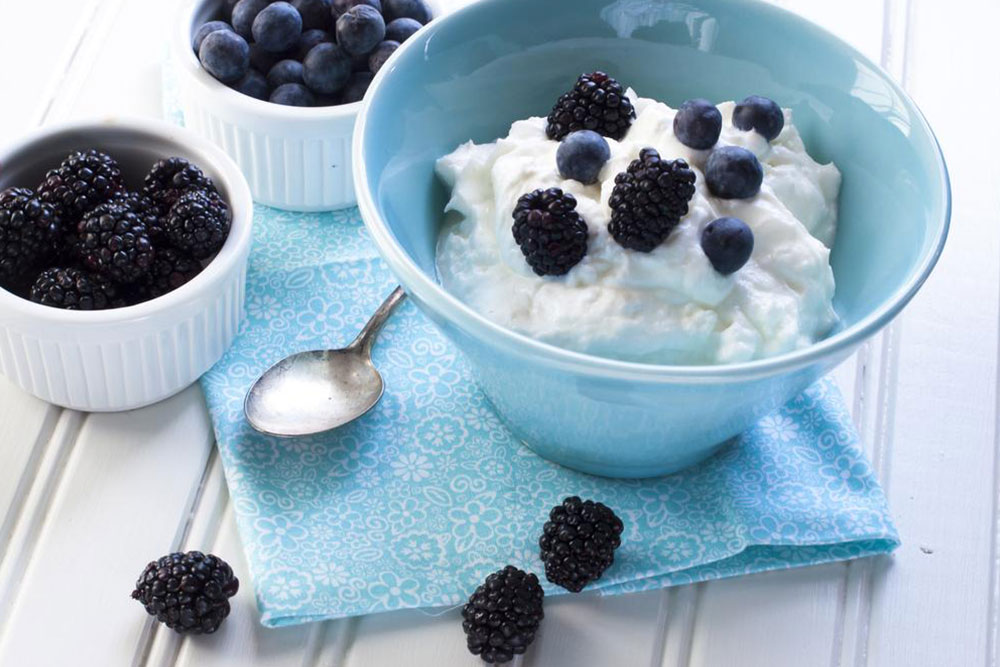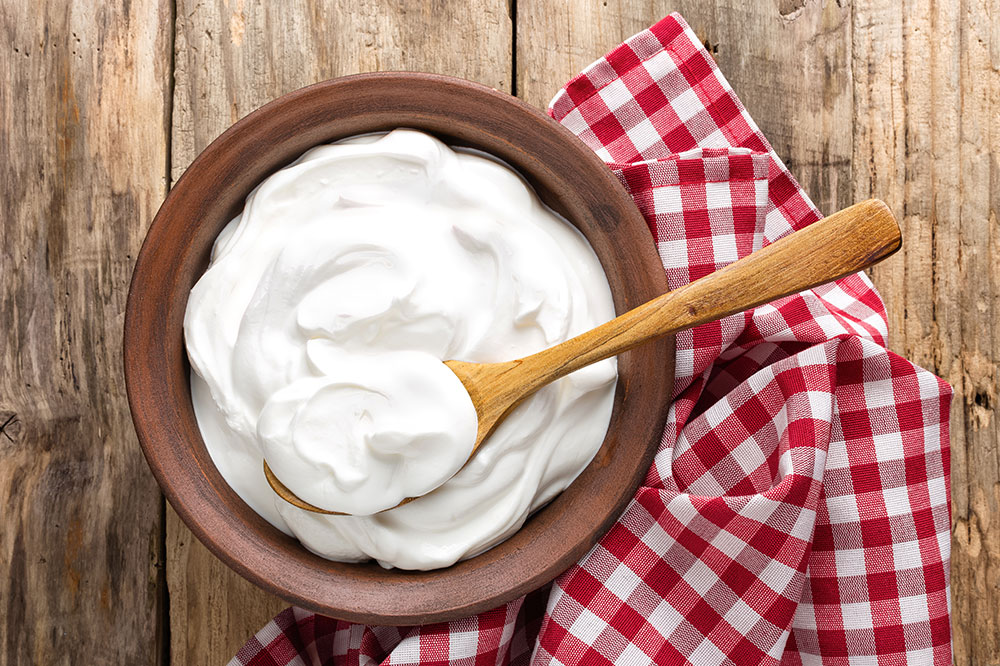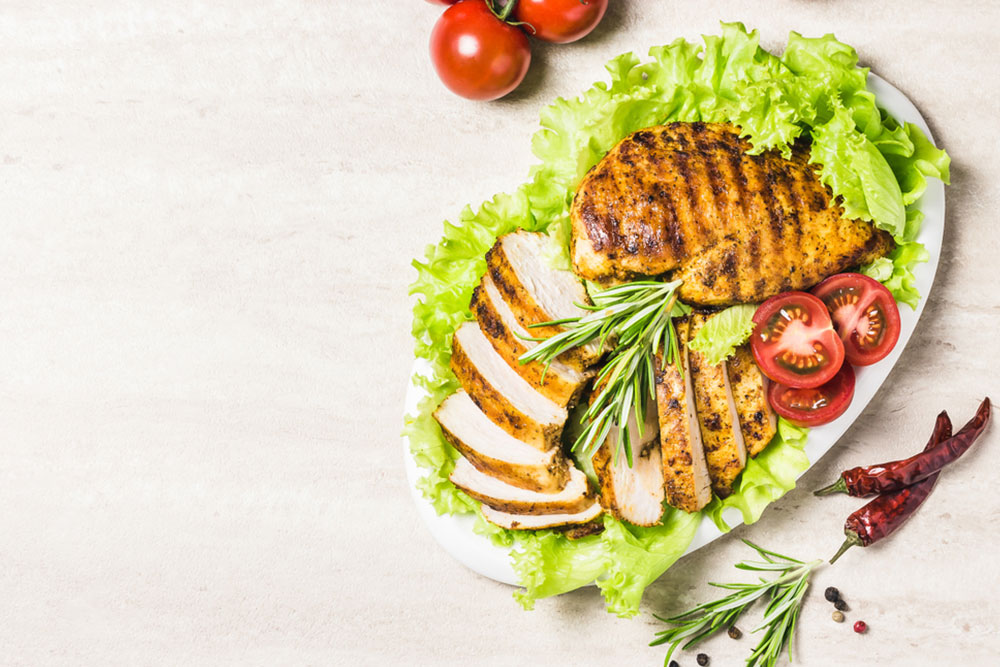Top 4 Probiotic Foods to Support Digestive Health
Discover the top four probiotic foods to enhance your digestive health naturally. This guide covers yogurt, kefir, sauerkraut, and pickles—delicious, healthy options for maintaining a balanced gut microbiome. Incorporating these probiotic-rich foods into your diet can support digestion, strengthen immunity, and promote overall wellness. Explore easy ways to include these tasty foods in your daily routine and learn about the benefits of choosing natural probiotic sources over supplements for better gut health.

Top 4 Probiotic Foods to Support Digestive Health
Although bacteria are often linked to illnesses, numerous beneficial bacteria, called probiotics, naturally reside in your body. These friendly microbes play a crucial role in maintaining gut health by controlling harmful bacterial growth and restoring microbiome balance. While supplementing with probiotics is common, consuming foods like kefir, kombucha, cheese, and yogurt offers a natural approach. Including these in your daily diet can significantly boost your digestive wellness and overall health.
Prioritize your health by incorporating probiotic-rich foods into your meals. If dietary sources are limited, probiotic supplements are a viable alternative. We've simplified selecting top-quality probiotic products for you. Here are some of the best options to include in your diet today!
Leading Probiotic Food Choices
Integrate these top probiotic foods into your routine to enhance gut health effectively.
Made from fermented milk cultures, yogurt provides probiotics along with other health benefits, including improved bone strength and support for high blood pressure. Regular consumption can promote gut flora balance and overall well-being.
Kefir: Kefir is a potent probiotic beverage made by fermenting milk with kefir grains composed of yeast and bacteria. These grains look somewhat like cauliflower. Kefir offers a diverse array of beneficial microorganisms, making it superior in probiotic content compared to yogurt. It aids immune defense, digestive health, and bone integrity. Incorporate kefir into your diet for a more potent probiotic boost.
Sauerkraut: Traditionally fermented cabbage, sauerkraut is rich in probiotics due to lactic acid fermentation. Popular across Europe, it combines a tangy flavor with health benefits such as vitamins B, C, K, fiber, and antioxidants like zeaxanthin and lutein, which are essential for eye health. Note that high sodium levels mean it should be consumed in moderation, especially for those with hypertension. Avoid pasteurized varieties to preserve live probiotic cultures.
Pickles: Naturally fermented pickles made without vinegar are excellent probiotic sources. These cucumbers preserve beneficial bacteria through lactic acid fermentation, supporting digestion, boosting vitamin K intake, and aiding blood clotting. Since vinegary pickles lack live probiotics, opt for those fermented with salt and water. Consume cautiously if you have high blood pressure.
Additional options include cheese, buttermilk, and natto. Start exploring these probiotic foods today to foster gut health naturally.
Visit your local store and pick up these probiotic-rich options. While they do not cure diseases, they help maintain a healthy digestive system. Incorporate as many as possible into your meals, and consult healthcare providers when selecting supplements—especially during pregnancy. Choose trusted brands for safety. Embrace these natural probiotic foods and cultivate a healthier lifestyle starting today!









